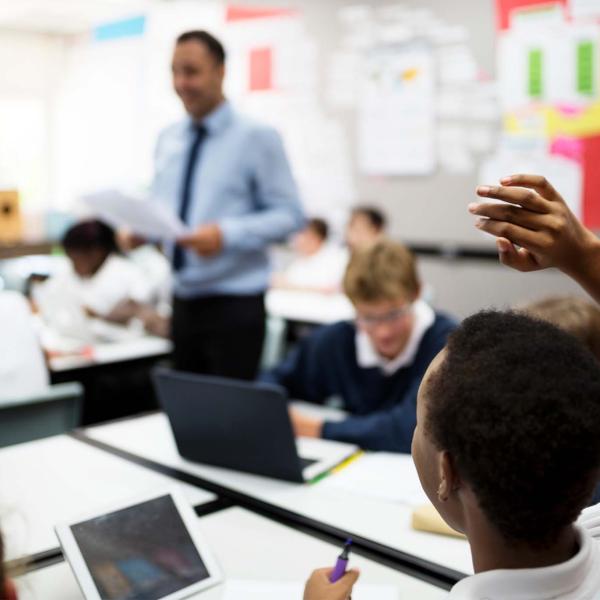Access
This study investigates the effects of speed competition in classrooms on young pupils' learning outcomes. To examine how faster peers' speed affects slower pupils' speed and learning, we employ students' daily progress data in a self-learning programme at BRAC primary schools in Bangladesh. The programme's unique setting allows us to address the reflection problem reasonably well. While speed competition could generate negative consequences, our results show overall positive peer effects on problem-solving time and scores. The effects are stronger among peers with similar abilities, without negatively affecting others. Our results show efficiency gains from non-market competition in education and learning.
Authors

PhD Scholar University College London
Hikaru — a PhD scholar — focuses on the long-term impacts of early childhood education and care, in addition to the peer effects of youth crimes.
Asian Development Bank
Professor of Economics University of Tokyo
Associate Professor of Economics Ritsumeikan University
Journal article details
- DOI
- 10.1111/obes.12545
- Publisher
- Oxford Bulletin of Economics and Statistics
- ISSN
- 0305-9049
Suggested citation
Kawarazaki, H et al. (2023). 'Haste makes no waste: positive peer effects of classroom speed competition on learning'
More from IFS
Understand this issue

Election Special: Is there a 'conspiracy of silence' between both parties?
6 June 2024

What does the Conservative's higher education announcement this week mean for apprenticeships and 'low-value' university courses?
1 June 2024

If you can’t see it, you can’t be it: role models influence female junior doctors’ choice of medical specialty
24 April 2024
Policy analysis

Free breakfast clubs in schools: what Labour’s plans would mean for pupils and families
25 June 2024

How do the last five years measure up on levelling up?
19 June 2024

The uncertain course for school and college funding over the next parliament
19 June 2024
Academic research

The intergenerational elasticity of earnings: Exploring the mechanisms
3 June 2024

Targeting men, women or both to reduce child marriage
28 May 2024

Labour market inequality and the changing life cycle profile of male and female wages
15 April 2024